Terms & Conditions of The Rota Foundation
1. Introduction
These Terms & Conditions govern the operations, grants, and activities of The Rota Foundation (“the Foundation” or “Grantor”). By engaging with the Foundation, applicants, grantees, and partners agree to comply with these terms. The Rota Foundation is a nonprofit public charity recognized as exempt from federal income tax under Section 501(c)(3) of the Internal Revenue Code. Our charitable programming involves the making of grants to assist other nonprofit charitable organizations through grant funding, with the goal of supporting the communities of such organizations.
2. Eligibility
The Foundation provides grants and support to organizations that qualify as tax-exempt under Section 501(c)(3) of the Internal Revenue Code.
Applicants must demonstrate alignment with the Foundation’s mission and objectives.
The Foundation does not provide grants to nonprofit organizations that charge for services, and therefore limits its grantmaking support to charitable organizations that support their communities and provide services free of charge.
The Foundation does not provide grants for religious purposes. Religious organizations may apply for grant funding for any secular services they provide, but the Foundation does not provide funding for non-secular, religious activities.
3. Use of Funds
Grant funds must be used solely for charitable, educational, scientific, or religious purposes as defined by applicable laws. In certain instances, The Rota Foundation may require a separate Grant Agreement with a grantee to ensure that funds are used solely for such purposes. Such Agreements may specify the use of funds, the payment of funds, the length of the grantee’s program for which it receives funds, or other similar items.
Funds may not be used carry on propaganda, or otherwise to attempt, to influence legislation (within the meaning of Section 4945(d)(1) of the Internal Revenue Code (“Code”).
Funds may not be used to influence the outcome of any specific public election, or to carry on, directly or indirectly, any voter registration drive (within the meaning of Code Section 4945(d)(2)).
Funds may not be used to make any grant which does not comply with the requirements of Code Section 4945(d)(3) or (4).
Funds may not be used to undertake any activity for any purpose other than one specified in Code Section 170(c)(2)(B).
4. Reporting & Compliance
Grantees must submit a follow up report detailing the use of funds and project outcomes.
The Foundation reserves the right to request audited financial records should it deem necessary to process any grant request.
Grantees shall also provide to the Rota Foundation copies of the following documents:
Articles of Incorporation, or equivalent;
List of names and addresses of current members of board of directors or highest governing body;
Bylaws, or equivalent;
IRS Determination Letter, if tax-exempt; AND
Federal tax identification number or an equivalent.
Grantees shall notify The Rota Foundation immediately of any change in its (a) legal or tax status, (b) board, executive(s), or key staff or volunteer(s), and/or (c) Grantee’s ability to expend the grant for the intended purpose
5. Grant Oversight and Governance
Record-Keeping. Grantees shall maintain books and records sufficient to demonstrate that the grant funds were used for the purpose for which the grant is made, and to maintain records of expenditures sufficient to identify the purposes for which, and manner in which, grant funds have been expended
Reporting. Grantees shall submit a written closing report summarizing Grantee’s Program within 90 days following the end of the period during which the Grant funds are to be expended and to submit any interim reports the Grantor may require. The reports should describe your progress in achieving the purposes of the Grant and include a detailed accounting of the use and expenditure of Grant funds.
Access to Records. Grantees shall provide the Grantor with reasonable access to the Grantee’s files and records for the purpose of making such financial audits, verifications, and investigations as the Grantor deems necessary concerning the grant, and to maintain such files and records for a period of at least four years after completion or termination of the project.
Budget. If, at Grantor’s request or by Grantee’s volition, a budget was provided to Grantor, Grantee shall not deviate from the provided budget without the prior written consent of the Grantor, which shall not be unreasonably withheld.
Site Visits. A Grantee shall permit the Grantor to conduct site visits at the discretion of Grantor, subject to reasonable notice provided by the Grantor.
Return of Unexpended Funds and Repayment. Grantee shall return to the Grantor any unexpended funds or any portion of the grant that is not used for its designated purposes. If any of the grant funds are not used to carry out the purposes of this grant, then the Grantee shall repay such amounts to the Grantor.
Control. The Grantor has ultimate control and authority over the use its funds, including the funds being contributed to the Grantee under this Agreement.
Tax-Exempt Status. If a Grantee is not a recognized public charity eligible to receive non-taxable grants, then Grantor may require additional grant oversight than what is described above, in the sole discretion of the Grantor.
6. Confidentiality & Publicity
Grantees may publicly disclose general information about the grant but must obtain prior written approval before using the Foundation’s name or logo for promotional purposes.
The Foundation may publish details of awarded grants, including recipient names and project descriptions.
7. Grantor-Grantee Relationship
Nothing in this Policy or in any Grantor-Grantee Agreement shall constitute naming of any Grantee as an agent or legal representative of the Grantor for any purpose whatsoever. This Policy shall not be deemed to create any relationship of agency, partnership, or joint venture between Grantor and any Grantee, and a Grantee shall make no such representation to anyone.
8. Intellectual Property
Any intellectual property developed using Foundation funds must be made accessible for public transparency, if applicable.
9. Governing Law
These Terms & Conditions are governed by the laws of the United States.
